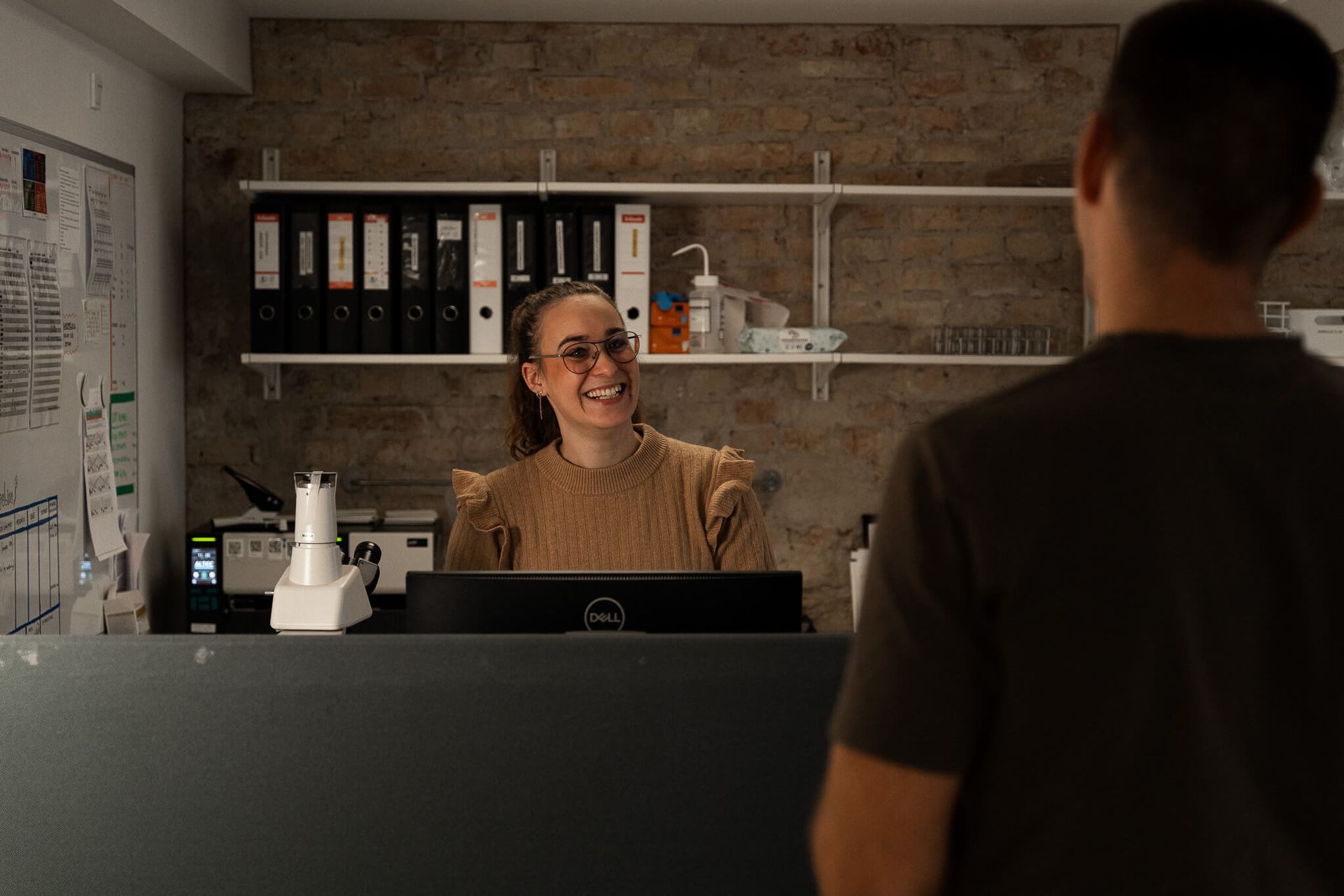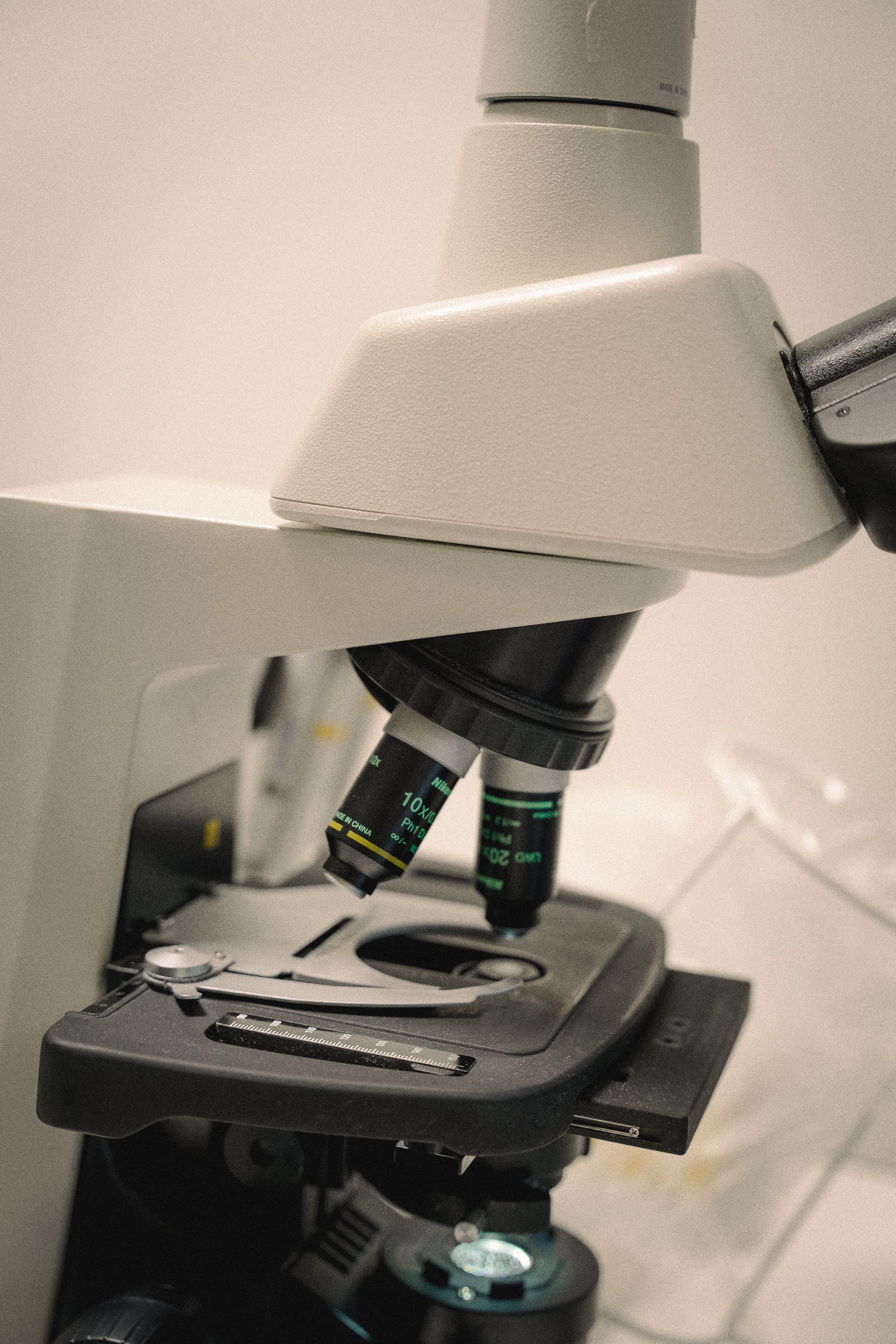How to Choose a Sperm Donor: Key Things to Consider
Maybe you already know that you want to use a sperm donor? It can also be a need that suddenly arises as your treatment progresses. No matter what it is always a good idea to consider your options because selecting a sperm donor can be a big and very personal decision.
Don't worry if you are feeling a little overwhelmed by all the choices you have to make. The purpose of this article is to answer some of the questions you might have and provide you with useful information and guidance on selecting a sperm donor that hopefully meets all your preferences. Whether you're starting or expanding your family, we're here to help you every step of the way.
Why Find a Sperm Donor in a Sperm Bank?
There are some distinct advantages to using a sperm donor from a sperm bank. The rigorous screening process ensures that the donor is healthy, has good-quality sperm, and has no infectious or genetic diseases. Additionally, using a sperm bank provides a wider range of choices in terms of physical characteristics, education level, and ethnicity.
At Born we also offer tests for gene compatibility allowing you to select a healthy match that increases the likelihood of a successful pregnancy and a healthy child. Moreover, if you buy sperm through a sperm bank, legislation always ensures that you avoid any legal or financial obligations to the donor. It also protects the donor's privacy, reducing the risk of future legal disputes or emotional entanglements.
What's the Selection Process in our Sperm Bank?
We have a rigorous screening process for sperm donors that meets the highest regulatory standards set by various authorities. Donors undergo a thorough evaluation for criminal records, medical history, infectious diseases, general health, sperm quality, physique, and character to make sure that they are healthy, both mentally and physically.
Only about 5% of our donor applicants pass the final cut to ensure exceptional sperm quality. Ongoing screening and testing are conducted to ensure healthy donors, and we assess for hereditary and infectious diseases. While we cannot completely eliminate the risk of transmitting diseases, we always adhere to high clinical standards to minimise this risk.
Have You Checked the Legislation in Your Country?
Laws and regulations regarding sperm donation vary significantly across countries and jurisdictions. It's important to understand the legal framework in your country before proceeding with the process of selecting a donor.
In some countries, laws are relatively liberal and supportive of assisted reproduction using donor sperm, while in others, laws can be restrictive or even prohibit the use of donor sperm altogether. Some countries allow you to use an ID release donor (open donor), while other countries only allow you to use a no ID release donor (anonymous donor). Legal implications can also arise regarding the rights and responsibilities of the recipient, and any resulting children.
We always advice you to speak to your fertility clinic about the treatment options available in your country. By understanding the legal requirements and implications of using a sperm donor, you can make informed decisions about the process and minimise any potential legal risks.
Does Blood Type Matter When Choosing a Sperm Donor?
Blood type can be a factor to consider when choosing a sperm donor. If you have a negative blood type (e.g. O-, A-, B-, AB-), you may require a sperm donor with a negative blood type to avoid complications during pregnancy, such as hemolytic disease of the newborn. This occurs when the mother's blood type is Rh negative, and the baby's blood type is Rh positive, which can lead to the mother's immune system attacking the baby's red blood cells. If you have a positive blood type (e.g. O+, A+, B+, AB+), you may have more flexibility in choosing a donor with either a positive or negative blood type.
It's important to consult with a healthcare professional or a reproductive specialist to determine whether blood type is a relevant factor in your specific situation and to ensure that any potential risks are adequately addressed.
What is CMV Status?
When you browse through our donor profiles, you will also find the CMV status of the donors. This is a herpes virus in the same family as the viruses behind cold sores, genital herpes, and chickenpox. Most people are infected with CMV at some point in their lives, and it remains latent in the body, where it can become reactivated.
We test our donors for CMV even though CMV infections are usually not dangerous. However, if you get a primary CMV infection - or in rare cases, a reactivation – during pregnancy, there is the risk of transferring the virus to the foetus. In most cases, this does not affect the baby’s health. However, complications may arise in rare cases.
If you are CMV-negative you are at higher risk of contracting the infection when you are pregnant. While the risk of contracting CMV via donor sperm is considered extremely low - and not confirmed – you may prefer sperm from CMV-negative donors if you are CMV-negative yourself. However, we recommend that you talk to your doctor or fertility specialist to discuss CMV and your own CMV screening before deciding whether to factor this into your donor choice.
Should Your Future Child Have the Possibility to Contact the Donor?
One of the most important things to consider when choosing a sperm donor is which type of donor you want: ID release or no ID release. You need to decide whether you want your child to have the opportunity to be given information about the donor's identity later on in life.
If you choose an ID release donor (open donor), your child has the option to receive information about the donor's identity provided by us when she or he turns 18 or reaches legal age for contact in your country. If you choose a no ID release donor (anonymous donor), your child cannot be given any information about the donor's identity.
The choice between an ID release and no ID release sperm donor is complex and very personal, and there can be many different reasons for choosing one or the other type. We recommend that you read more about the difference between the two donor types.
Which Traits are Most Important to You?
Have you thought about the main criteria your sperm donor must fulfil? Generally, donors who have physical characteristics similar to the recipient or their partner are often preferred, such as height, weight, hair, and eye colour. Additionally, higher levels of education, intelligence, and good health are often desirable traits. Ethnicity may also play a role in the selection process, and personality traits, such as being outgoing or introverted, may also be considered. Some recipients even prefer donors with similar hobbies, interests, or occupations. You probably have your own unique set of preferences when it comes to choosing the right sperm donor.
When you are ready to figure out what is really important to you, you can browse through our wide range of
donor profiles for free. Hopefully you will find just what you are looking for. We spend a lot of time getting to know all our donors, and you might be surprised by the amount of information you will find in the profiles. Most of them even include pictures of the donors as children, staff impressions, fun facts, and quotes. Good luck picking your favourite.
Other blog posts












